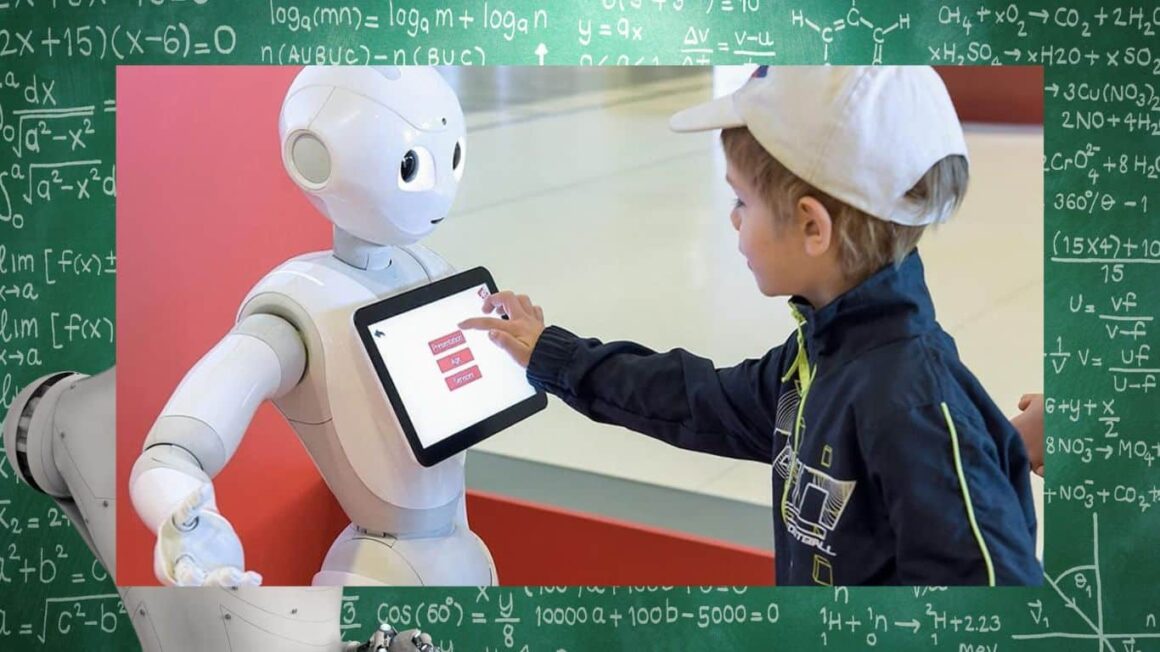- Integrating AI into education can create a more inclusive and accessible learning environment for everyone.
- AI can address these limitations by providing personalized learning experiences to students.
- By integrating AI into education, we can create a more flexible, personalized, and inclusive learning experience for stu…
- By providing personalized and adaptive learning experiences, AI can enhance the learning process for individual students…
- With adaptive learning, AI algorithms analyze individual student data and adjust the curriculum to suit their learning s…
- Integrating AI into education can create a more inclusive and accessible learning environment for everyone.
Artificial Intelligence (AI) has revolutionized various fields, including healthcare, finance, and transportation. It has become an integral part of our lives, simplifying and automating many tasks. However, its impact on education is often overlooked. Education is a crucial aspect of human development, and exploring how AI can transform this field is vital. AI has the potential to personalize learning, making it more engaging and effective. It can also help teachers save time by automating administrative tasks and providing valuable insights. Integrating AI into education can create a more inclusive and accessible learning environment for everyone. This blog will delve into the role of Artificial Intelligence in transforming education, exploring its applications, benefits, challenges, and future possibilities.
The Role of Artificial Intelligence in Transforming Education
The Current State of Education
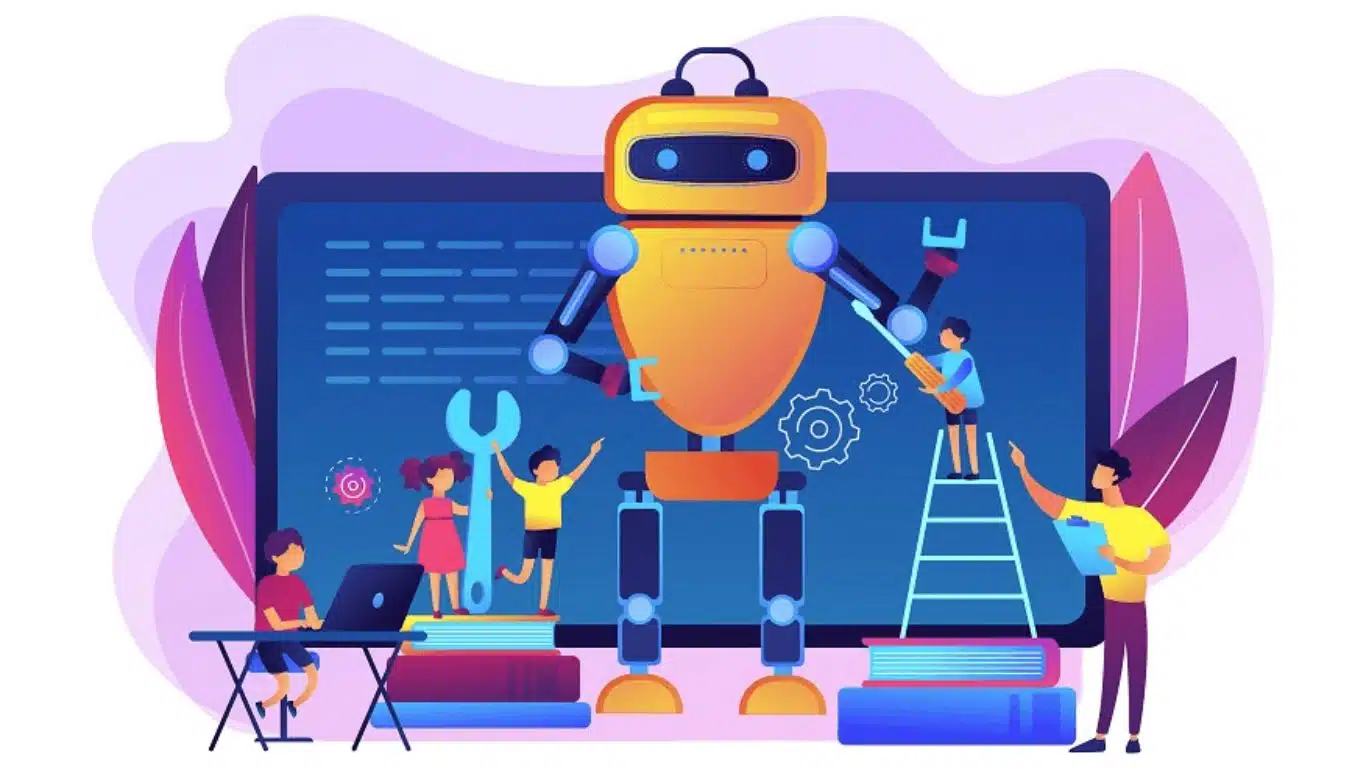
The traditional education system has been in place for centuries and is primarily based on a one-size-fits-all approach. This system has limitations in catering to the diverse needs of individual learners. Students have different learning styles and abilities, making it challenging for teachers to provide personalized attention to everyone. Furthermore, the traditional education system relies heavily on rote memorization and standardized testing, which do not accurately measure a student’s true potential.
AI can address these limitations by providing personalized learning experiences to students. With AI, teachers can analyze data on individual students’ learning patterns and customize their teaching accordingly. This can help students learn more efficiently and effectively. Additionally, AI can provide insights into a student’s progress and performance, enabling teachers to adjust their teaching methods accordingly. By integrating AI into education, we can create a more flexible, personalized, and inclusive learning experience for students.
Application of AI in Education
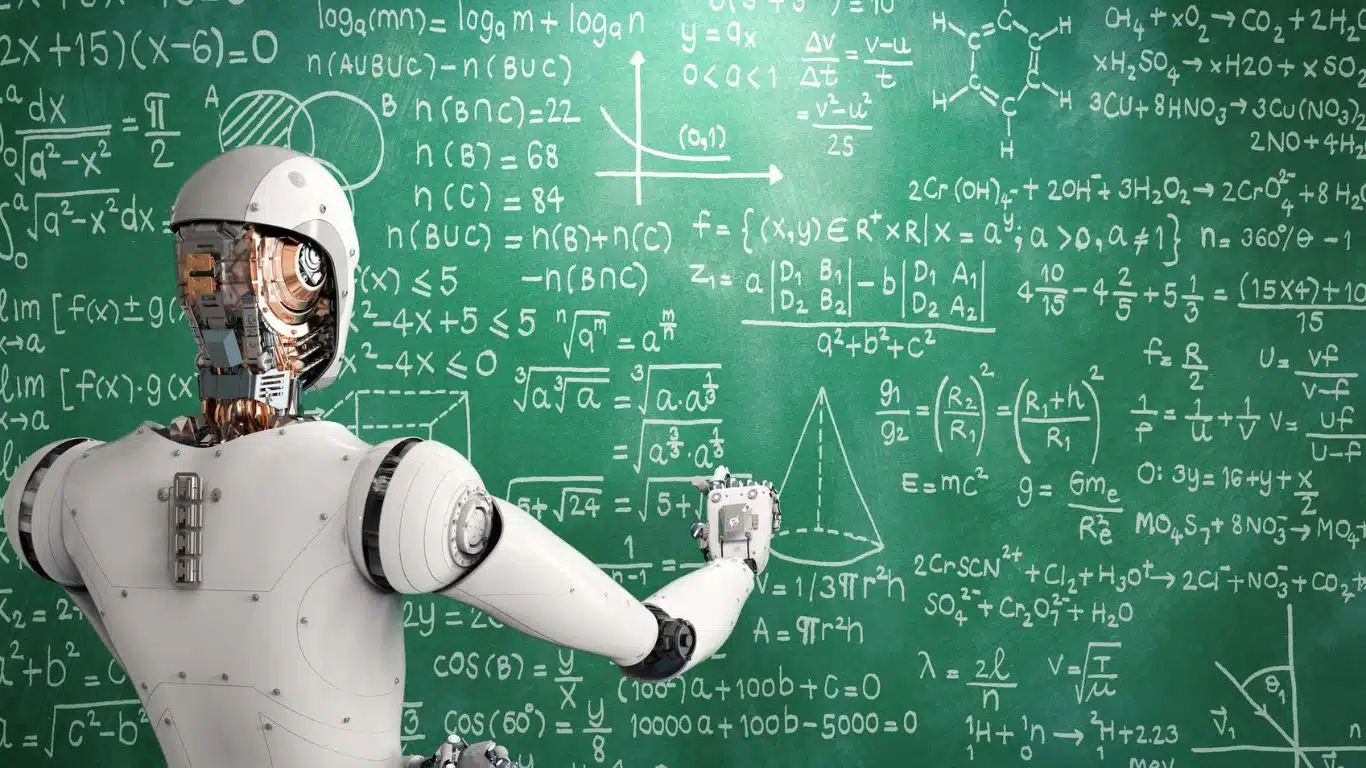
AI has various applications in education, and some of the most promising ones include adaptive learning, personalized learning, intelligent tutoring systems, automated grading and feedback, and virtual assistants. Adaptive learning is a method of teaching that adapts to the individual learning style and pace of each student. This is achieved by using AI algorithms that analyze student data and adjust the curriculum accordingly. Personalized learning is similar but goes one step further by providing customized content and activities that cater to each student’s interests and abilities.
Intelligent tutoring systems use AI to provide personalized feedback and guidance to students, acting as virtual tutors. Automated grading and feedback systems use AI algorithms to evaluate student work and provide instant feedback, reducing the workload for teachers. Finally, virtual assistants use AI to answer student queries and provide 24/7 support. All these applications of AI can help create a more engaging, efficient, and effective learning experience for students, making education more accessible and inclusive.
Benefits of AI in Education
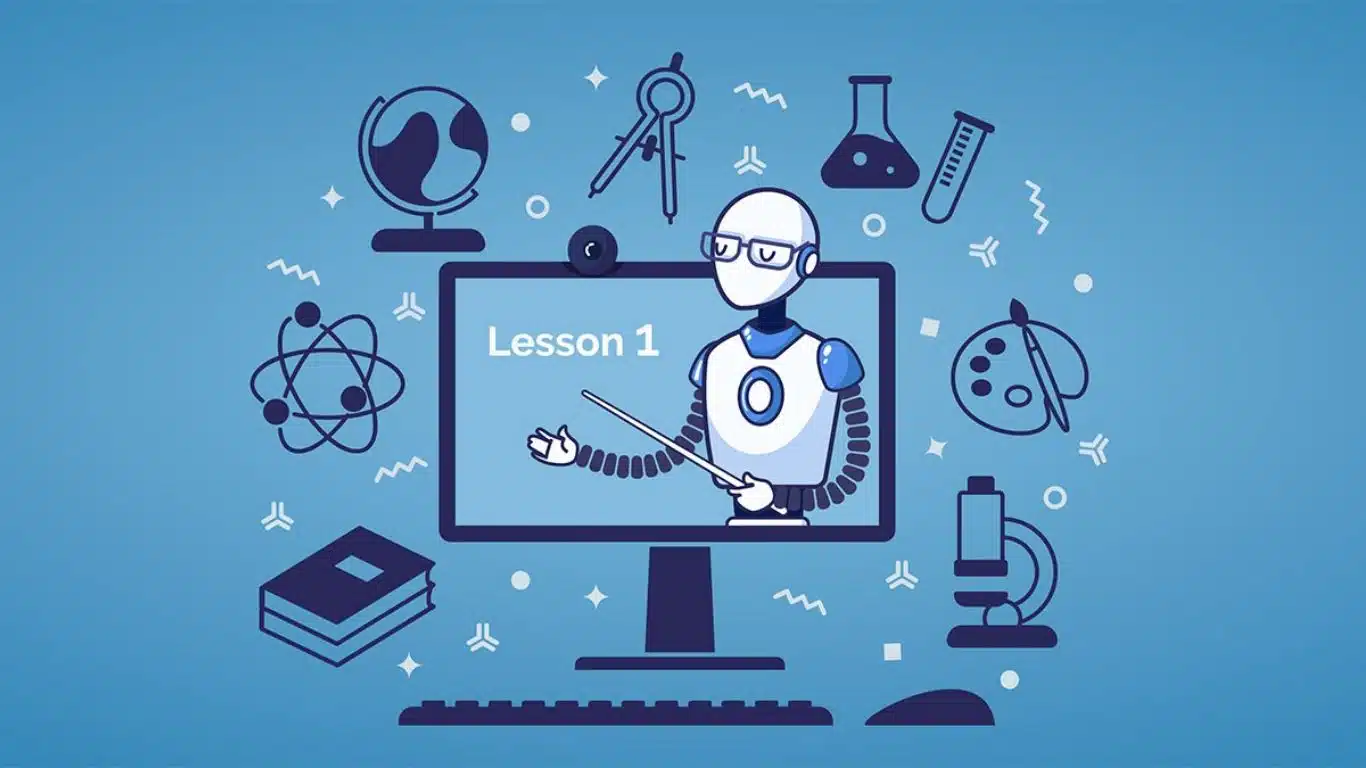
The potential to revolutionize the way we approach education. By providing personalized and adaptive learning experiences, AI can enhance the learning process for individual students. With adaptive learning, AI algorithms analyze individual student data and adjust the curriculum to suit their learning style and pace. This personalized approach can help students learn more effectively and efficiently. Intelligent tutoring systems act as virtual tutors, providing students with personalized feedback and guidance based on their progress.
Automated grading and feedback systems save time for teachers by automating the process of evaluating student work and providing feedback. This also ensures consistent and unbiased grading. Virtual assistants provide students with instant support, answering their queries and guiding them through their studies. All these applications of AI can enhance the learning experience, making it more engaging, efficient, and effective for students. Integrating AI into education can create a more inclusive and accessible learning environment for everyone.
Challenges and Concerns of AI in Education
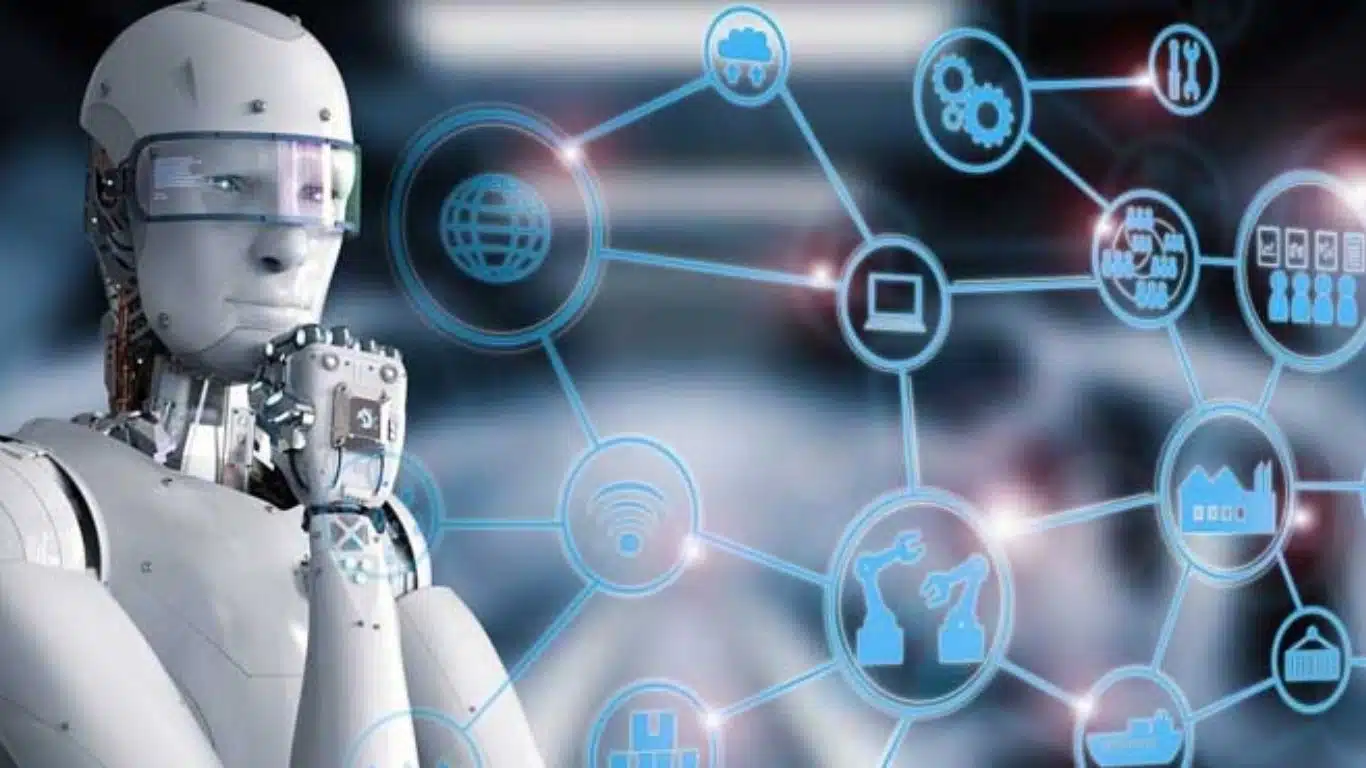
As with any technological advancement, there are also concerns and challenges when it comes to integrating AI into education. One concern is the potential for bias in AI algorithms. If these algorithms are trained on biased data or designed without taking into account diverse perspectives, they may perpetuate or even amplify existing biases. Another challenge is the potential lack of human interaction in AI-driven education.
While AI can provide personalized feedback and guidance, it cannot replace the value of human interaction and the role of teachers as mentors and guides. Additionally, privacy and data security concerns arise with the use of AI in education. The collection and analysis of student data raise questions about who has access to this data and how it is being used. It is crucial to address these challenges and concerns to ensure that the integration of AI in education is ethical, inclusive, and beneficial for all learners.
Future of AI in Education
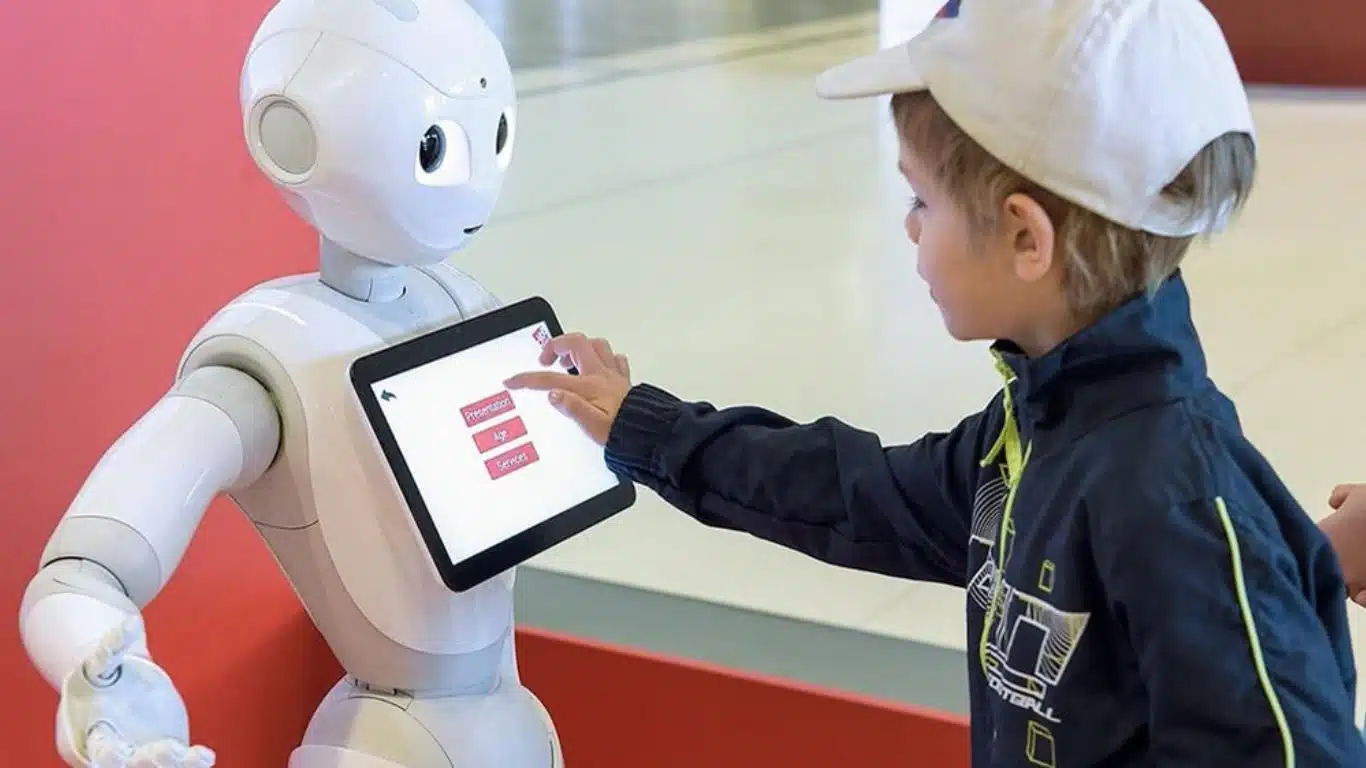
The integration of AI in education is already underway, and its use is expected to grow rapidly in the coming years. AI can act as an aid to teachers, helping them personalize the learning experience for each student, automate administrative tasks, and provide valuable insights into student performance. However, AI is not a replacement for teachers, but rather a tool to enhance their capabilities and support their work.
The future possibilities of AI in education are exciting and promising. AI could enable the creation of fully adaptive and personalized learning experiences, allowing students to learn at their own pace and in their own style. AI could also enable the development of intelligent educational materials that adjust to the student’s level of understanding and provide immediate feedback. As AI continues to evolve and improve, the potential for innovation and transformation in education is limitless.
Conclusion
AI has the potential to transform education by personalizing the learning experience for each student, providing immediate feedback, and automating administrative tasks. The integration of AI in education can lead to more efficient and effective learning, greater accessibility and inclusivity, and more opportunities for innovation and creativity. As we move towards a more technology-driven world, it is essential to embrace AI in education to equip our students with the skills they need to succeed in the future. However, it is crucial to address the challenges and concerns associated with the use of AI in education, such as bias in algorithms, lack of human interaction, and privacy concerns.
Also Read: 10 Most Beautiful Actresses in DC Movies
